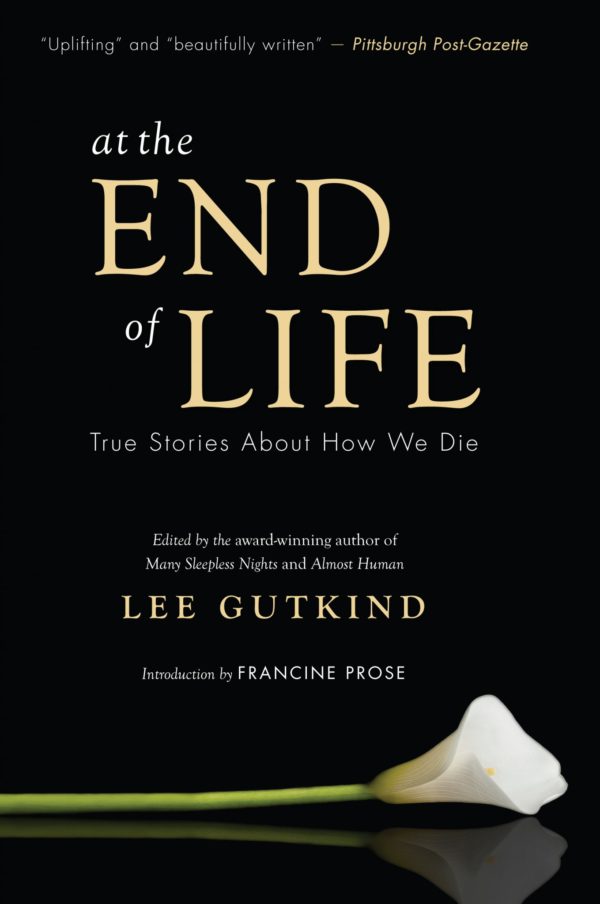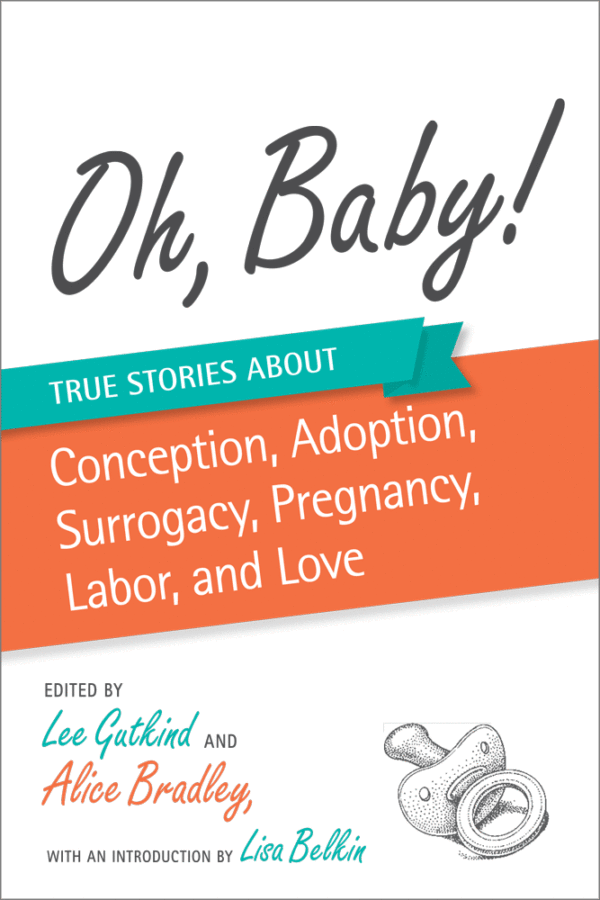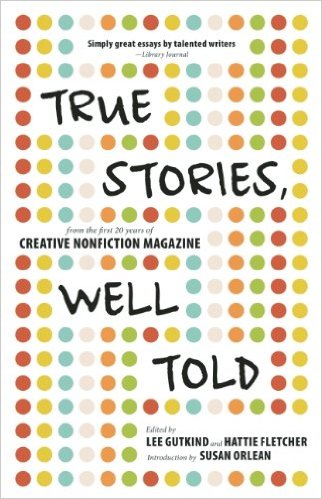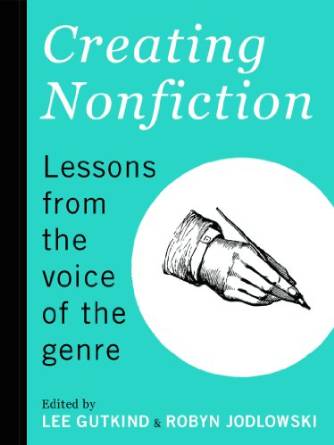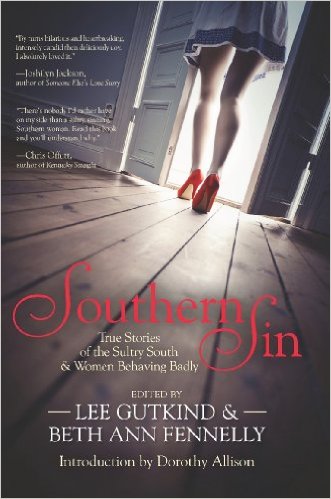At the End of Life
True Stories About How We Die
What should medicine do when it can’t save your life?
The modern healthcare system has become proficient at staving off death with aggressive interventions. And yet, eventually everyone dies—and although most Americans say they would prefer to die peacefully at home, more than half of all deaths take place in hospitals or health care facilities.
At the End of Life—the latest collaborative book project between the Creative Nonfiction Foundation and the Jewish Healthcare Foundation—tackles this conundrum head on. Featuring twenty-two compelling personal-medical narratives, the collection explores death, dying and palliative care, and highlights current features, flaws and advances in the healthcare system.
Here, a poet and former hospice worker reflects on death’s mysteries; a son wanders the halls of his mother’s nursing home, lost in the small absurdities of the place; a grief counselor struggles with losing his own grandfather; a medical intern traces the origins and meaning of time; a mother anguishes over her decision to turn off her daughter’s life support and allow her organs to be harvested; and a nurse remembers many of her former patients.
These original, compelling personal narratives reveal the inner workings of hospitals, homes and hospices where patients, their doctors and their loved ones all battle to hang on—and to let go.
Reviews
“This is an encouraging collection—not only in a very literal sense but also in the help it offers us in thinking about death, how clear it makes our lack of control over death (and so over life). The book is crammed with stories of parents, children, long-time patients, emergency cases, complete strangers. The dying are young, old, middle-aged, and, variously, brave, grumpy, accepting, difficult, defiant. The family and friends, doctors, nurses, EMTs, and chaplains who accompany them have a lot to say about what they’ve observed and learned and resolved to change. This is a valuable contribution to our store of works in the Medical Humanities that will likely cause both medical students and doctors to ponder new ways of dealing with their dying patients.”
—Kathryn Montgomery, author of Doctors’ Stories and How Doctors Think
—Danielle Ofri, MD, PhD, author of Medicine in Translation and Singular Intimacies
